Before starting the university year, a topic on many students’ minds is bills. Whether it’s electricity, water, or any others, for most students this is the first time in their lives that they’ve had to think about outgoings such as these.
A TV Licence is just one of several bills to be concerned about, with most households in the UK paying it. But you may be thinking, what’s it actually for?
Want more info on this topic? Check out our full guide to TV licences for students.
What is a TV license?
A TV licence pays for all BBC services, from TV channels to weather forecasts and more. While other companies may provide these same services, the BBC is committed to impartiality, which means they provide these as a trustworthy public service the public can rely on.
Most of the money from TV licences goes to the BBC in exchange for this ‘impartial’ stance, which helps to fund and keep the company advertisement-free.
Summed up, the money from TV licences keeps the BBC state-owned instead of publicly owned.
How do I know if I need a TV license?
The UK law regarding TV licences currently states that you need to have a valid TV licence if you are any of the following:
- Watching or recording TV channels or shows
- Watching or streaming channels or shows on any online TV service (such as Sky Go, ITV Hub, All 4, and more)
- Using iPlayer to download or stream any BBC channels or shows
When living in a shared student accommodation, the chances are you’ll only need one licence for the entire accommodation if you have a joint tenancy agreement. If you have a separate tenancy agreement or your accommodation is self-contained, you may need your own TV licence.
Many students believe their parents’ TV licence may cover them, but this is untrue. If you’ve moved away for uni you’ll need to pay for your own licence unless you’re using something battery powered and not plugged into the mains power.
We’ve got a blog about when university students are exempt from needing a TV licence with more information.
How much is a TV license?
There is no student discount for TV licences, so the price is the same for everyone – £169.50 a year. You can pay yearly, monthly or quarterly through Direct Debit.
However, if you purchase an annual TV licence and don’t need it for the whole year, for example, if you’re living with your parents over the summer vacation, you can request a partial refund. You’ll just need to make sure there’s more than one full month left on your licence. You can request your refund through the TV licence website.
What happens if a student doesn’t get a TV license?
Due to TV licences being required by law, using BBC services without a licence can lead to prosecution and a fine of up to £1,000, as well as any other costs/compensation you’re asked to pay.
How do I pay for a TV license?
You can buy or renew your TV licence online, with various payment options available.
Payments are accepted with credit or debit cards, but other methods are available such as paying by post, direct debit, a savings card, or at your nearest PayPoint outlet.
Pay for your TV licence here on the TV licensing website.
Alternatively, you can find your local PayPoint outlet here.
Can you get a refund on a TV license?
Many students only spend the academic year at their accommodation, and then move back home at the end of the year. The good news is, these students can apply for a refund on their TV licence.
If you pay for your licence annually, you can apply for a refund at the end of the year on the TV Licensing Website.
If you chose to pay the fee monthly or via direct debit you can request to pause or stop your payments.
To find out more about TV licences, check out more blogs on this topic by clicking here!
Want to find out more?
Interested in splitting your student household bills rather than splitting up friendships? Check out SplitTheBills now and make life easier for everyone in your shared student house.
Recent posts:

Top Music Discounts for July 2025
Whether we have our headphones on at the gym, are listening to a playlist on the way to class, or have started a jam to get the vibes flowing at pre-drinks, we all know that music is impossible to live without. So why not offset the costs with our five music student discounts?
2nd July 2025
No Comments

Adapting to Working Life in a Houseshare
Sharing a house at university can be a very different experience to sharing a house when you’re working. Not only are people less likely to be up for an all night sesh on a Wednesday, you also have different things to consider to create a living situation that suits everybody.
We’ve rounded up our best advice to help you get on just fine with your new professional housemates.
24th June 2025
No Comments

How to Resolve Common Houseshare Arguments
Harmony at home is what everyone dreams of – but sometimes things don’t go to plan. Here are some of the most common disagreements and how to resolve them.
20th June 2025
No Comments
